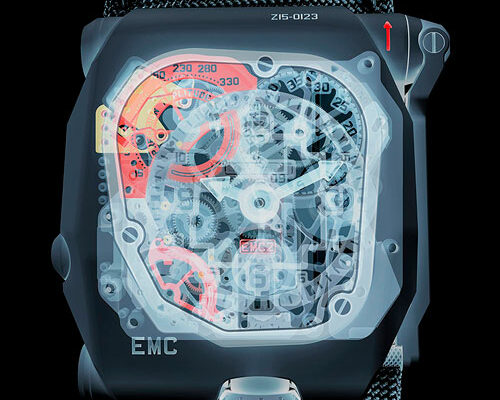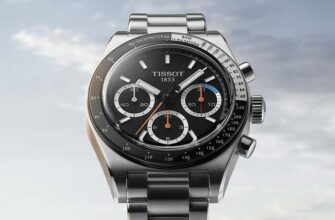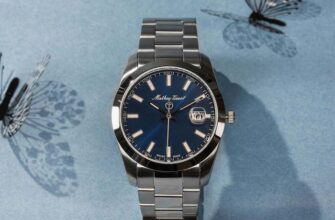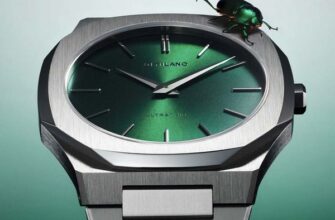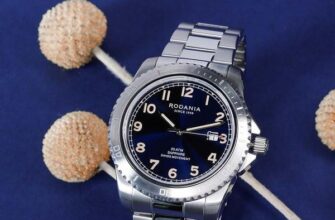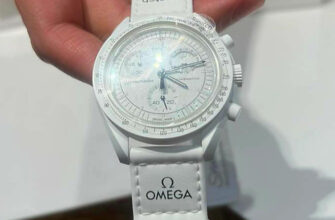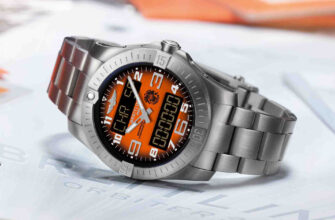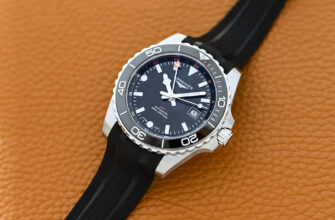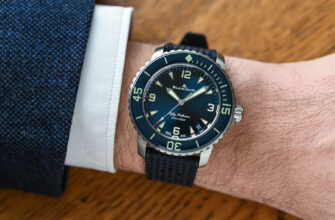Quartz or Mechanics? Oh, what a debate is being started among the watch fans about this! In fact, there is nothing to argue about: as is often the case, each side is right in its own way.
"Quartz movement" in a watch - what does it mean?
Let's find out: why is a watch called quartz, and how does it work?
Main components such clocks are:
- electronic unit with a quartz crystal;
- stepper motor.
Quartz has unique features. Under the influence of a constant electric current, it contracts and expands, thereby generating an alternating electrical impulse and, as a result, oscillations with a very stable and very high frequency. As a result, the electronics sends a signal to the motor, which turns the arrows to the desired angle.
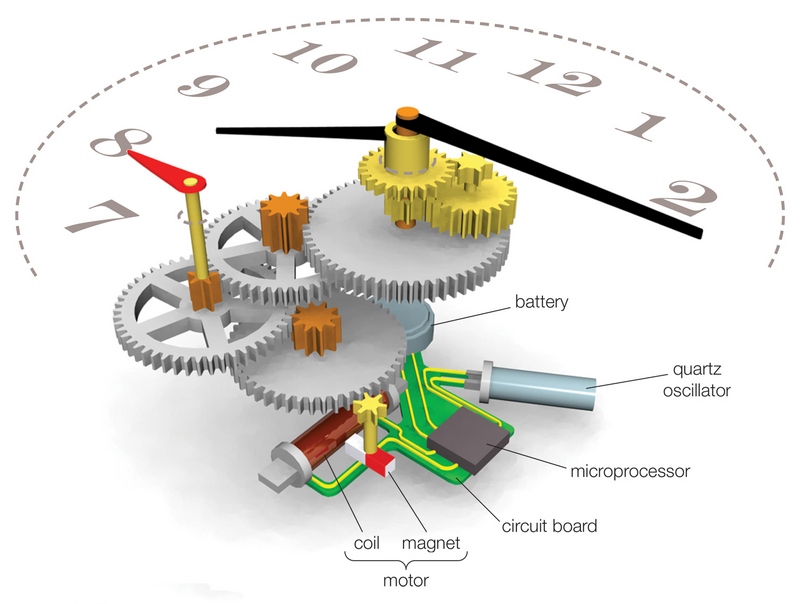
The power supply for the electronic unit and the engine is provided battery, which is designed for several years and relieves the owner of the accessory from the need to constantly wind up the device.
A clock with a digital display in our country is called electronic. However, the fundamentally correct name for this type of watch is quartz watch with digital display... This name clarifies that the heart of the watch is a quartz-based generator, and the information is shown in the form of numbers on the display.
However, there is a rather large group of quartz watches with a purely pointer indication or a mixed one, these are the so-called "analog-digital" - from the words analog and digitale. Quartz watches with hand indication are very simple in function, but at the same time very expensive due to the exclusive jewelry design. Such are, for example, the Serpenti women's snake watch from the Bvlgari brand. And the “ana-gi” indication is widely used in many popular models, including Casio.
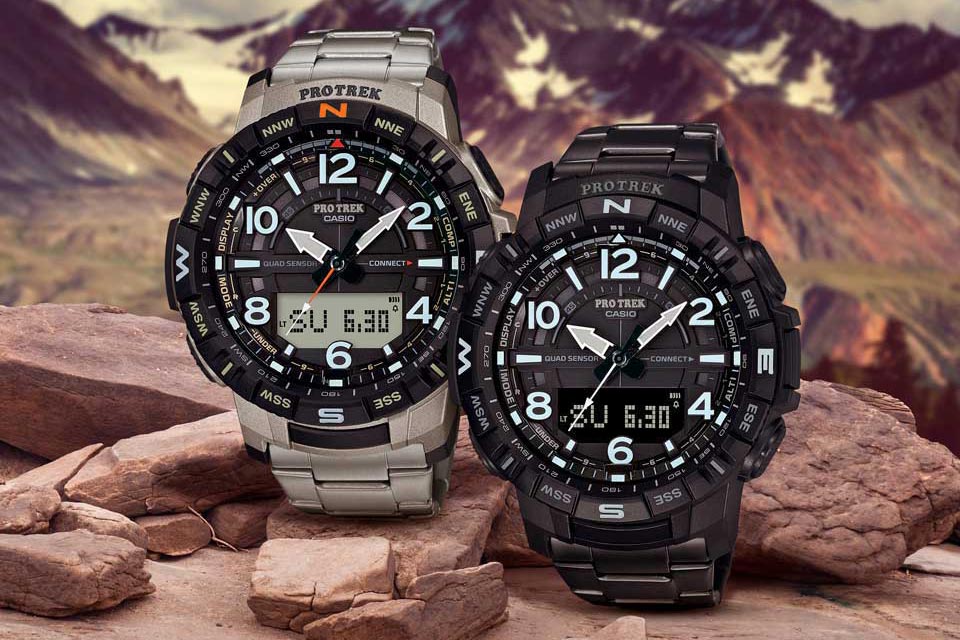
The history of quartz watches began only half a century ago. But many quartz devices made several decades ago have been perfectly fine-tuned to this day and are passed down from generation to generation.
How do mechanical and quartz watches work: the difference?
We will not go into complex terms describing the principles of the watch movements, but we will outline the main meaning.
The hand-wound wristwatch movement consists of three main nodes:
- mainspring;
- transmission, it is a transmission, consisting of gears and other similar parts;
- the escapement is the heart of the movement, which is responsible for precision and includes balance, spiral, escape wheel and escapement.
Spring is responsible for the duration of the device's stroke. By turning the crown, the spring is twisted, energy is accumulated in it and then transferred to the gears. They, in turn, move the hands of the clock. Further, the energy is transferred to the so-called regulator - a balance wheel with a spiral. The wheel oscillates to maintain precision through the escapement and escape wheel. By the way, the uneven spinning of the spring entails an inaccuracy of the stroke... A few seconds per day is the norm for most mechanical watches.
The main difference between a mechanical watch and a quartz watch is how the power source works, which, in turn, powers the watch mechanism. "Quartz" is a battery with an oscillator, and "mechanical" is the movement of a spring hidden in a drum.
In general, the mechanics are quite capricious in extreme cold or heat - it will not be able to please its owner with absolute precision in work. The reason is simple: when exposed to temperature loads, the dimensions of the small parts of the watch change, thereby knocking down the standard factory settings. Therefore, in the case of constant use of the watch in extreme heat or deep cold conditions, it is better to contact a watchmaker with a request to customize your device for certain conditions. This work will not be cheap, but the results will undoubtedly be noticeable.

Quartz or self-winding mechanics: what to choose
The self-winding watch is the part of the movement that cocks the clock spring when you move your hand.
Self-winding mechanical watches, in comparison with quartz ones, require periodic attention from their owner.
The self-winding system consists of three main parts:
- rotor;
- eccentric;
- ratchet.
The first two parts perform the function of automatic spring winding when the hand moves. A person moves his hand - the rotor rotates around its axis. The ratchet prevents the axle from returning in the opposite direction to the direction of movement of the arrows. If you meet mechanics with transparent back cover, then the first large detail of the mechanism that will be in front of your eyes is the rotor, in the form of a semicircular plate made of a heavy alloy, tungsten, and sometimes even gold or platinum.
Self-winding mechanical watches are ideal for busy people who wear an accessory every day and do not want to worry about manual winding.
Such devices do not stop if they are used regularly. According to their recommendations should be worn for at least eight hours a day without interruption. After that, they will be able to work on their own for another 30 - 40 hours without stopping, and some models even much longer.

How to understand which watch is in front of you: quartz watch or mechanical
How to distinguish a mechanical watch from a quartz one by its appearance? It's simple:
- The second hand of quartz usually moves in leaps, one per second., whereas on mechanics it usually moves very smoothly.
- If you saw transparent циферблат and / or back wall of the case, then you are almost certainly a mechanic. This is done in order to attract the attention of the buyer who is interested in the complex internal filling of the device.
- Usually on quartz models they put Quartz name.
- Clock without arrows - usually quartz.
- Thicker mechanical watches compared to quartz, and the reason for this is the presence of additional mechanical parts.
So which is better to choose: quartz or mechanics?
Above in the article, there are a lot of arguments in favor of one and the other type of mechanisms. Let's summarize the information provided earlier so that you can clearly define which watch you prefer.
Quartz watches differ from mechanical watches in several ways:
- Source of power... Mechanical watches are considered to be more economical and environmentally friendly, since they do not use electricity, and their parts are made from natural materials.
- Price... High-quality mechanical models are more expensive than quartz ones.
- Host attention... Mechanical watches - with or without self-winding - will require more attention from their owner than quartz ones. When using a good quartz battery, you can forget about caring for your watch for several years.
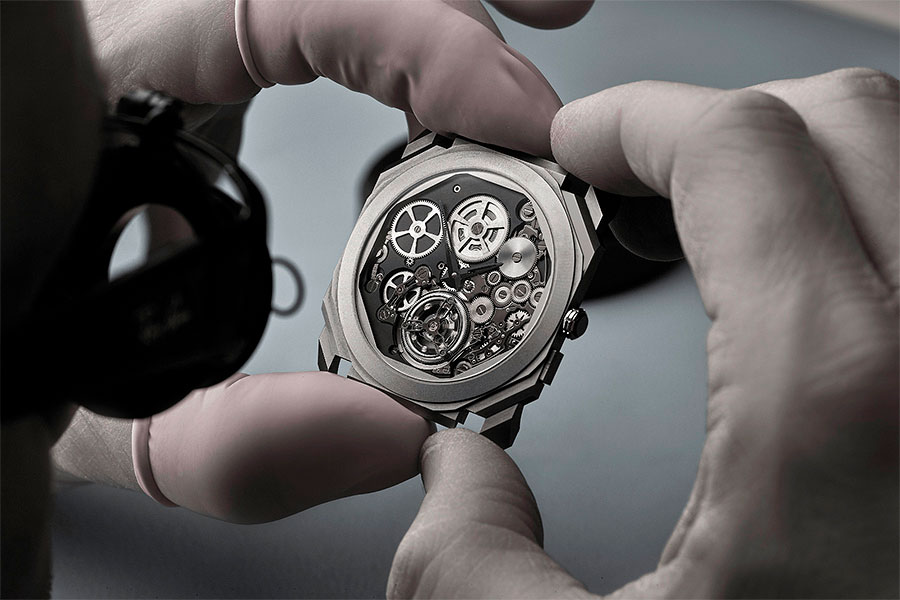
It is believed that mechanics are an indicator of high status and even a work of art. And quartz is just a device that measures time (with the exception of designer watches, in particular, jewelry, which are very expensive).
- From the point of view of operation, the main difference between quartz and mechanical watches is that mechanics are used more in "demonstrative situations", namely when it is necessary boo in front of guests or business partners... In these cases, this expensive accessory is a win-win.
- Quartz is more precise than mechanics... This little robot keeps the chance of failure to a minimum.
- Reputation... Of course, it is higher for mechanics. Although some products from well-deserved brands like Patek Philippe or Omega are allowed to be quartz and remain at the top.
- Beauty is vulnerable to the onslaught of the elements and everyday troubles. Mechanical watches are very dear, they are worn a little breath and are afraid for the safety of precious property. And quartz is unpretentious... This, of course, does not mean that it can be constantly dropped from the balcony or drowned in water. Although sometimes it is possible - for example, Casio G-Shock withstands and not so.
- There is no romance in punctual quartz. But the mechanics pleases your soul and charmingly shows its own, because in models with transparent parts of the case, the work of a complex mechanism is visible from all sides.
If you are thinking about which watch is better - quartz or mechanical, then, again, everything depends on questions of taste and employment. If the question of your status is important to you, if you are not indifferent to the art of watchmakers and if you also wear a watch every day, then feel free to choose a self-winding mechanic. And don't worry about having to mess with it. Such a model will work quietly, without requiring special attention from the owner: unless you have to occasionally turn the hands for a minute or two, and once again every few years give the watch for maintenance - oil change, cleaning, etc.

If you need maximum precision of a watch, then you can't think of anything better than quartz. It is also important that battery-powered quartz does not require you to check whether the time on the watch and on the phone or on the Internet is the same, if you have not put on the accessory for several days or even weeks, or even months.
Let's hope that now everything has fallen into place and you can easily figure out what kind of watch you want for yourself. As you already understood, in terms of quality and reliability, all good watches are good, and your personal preference plays a decisive role in the purchase!
